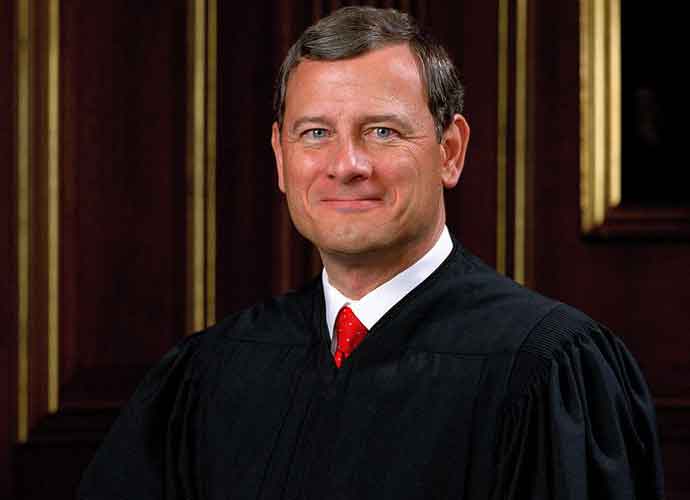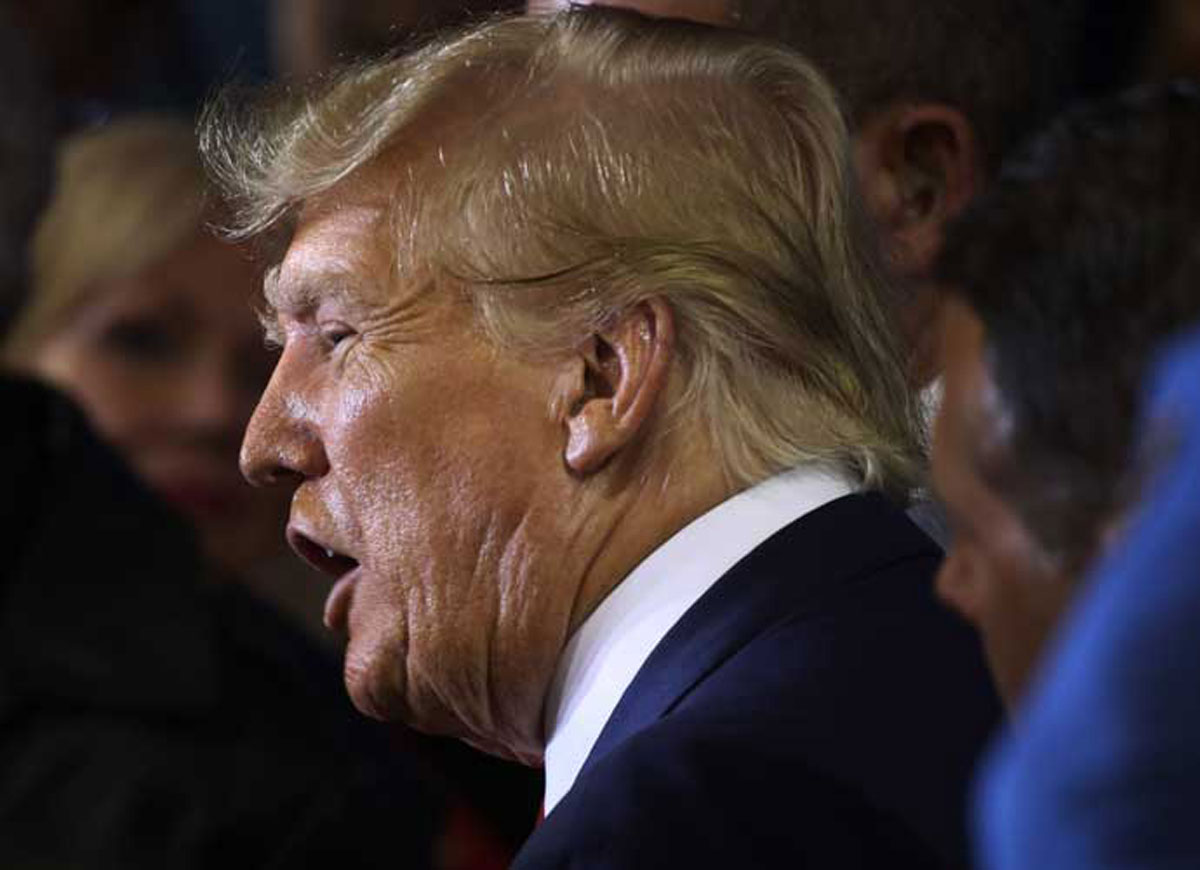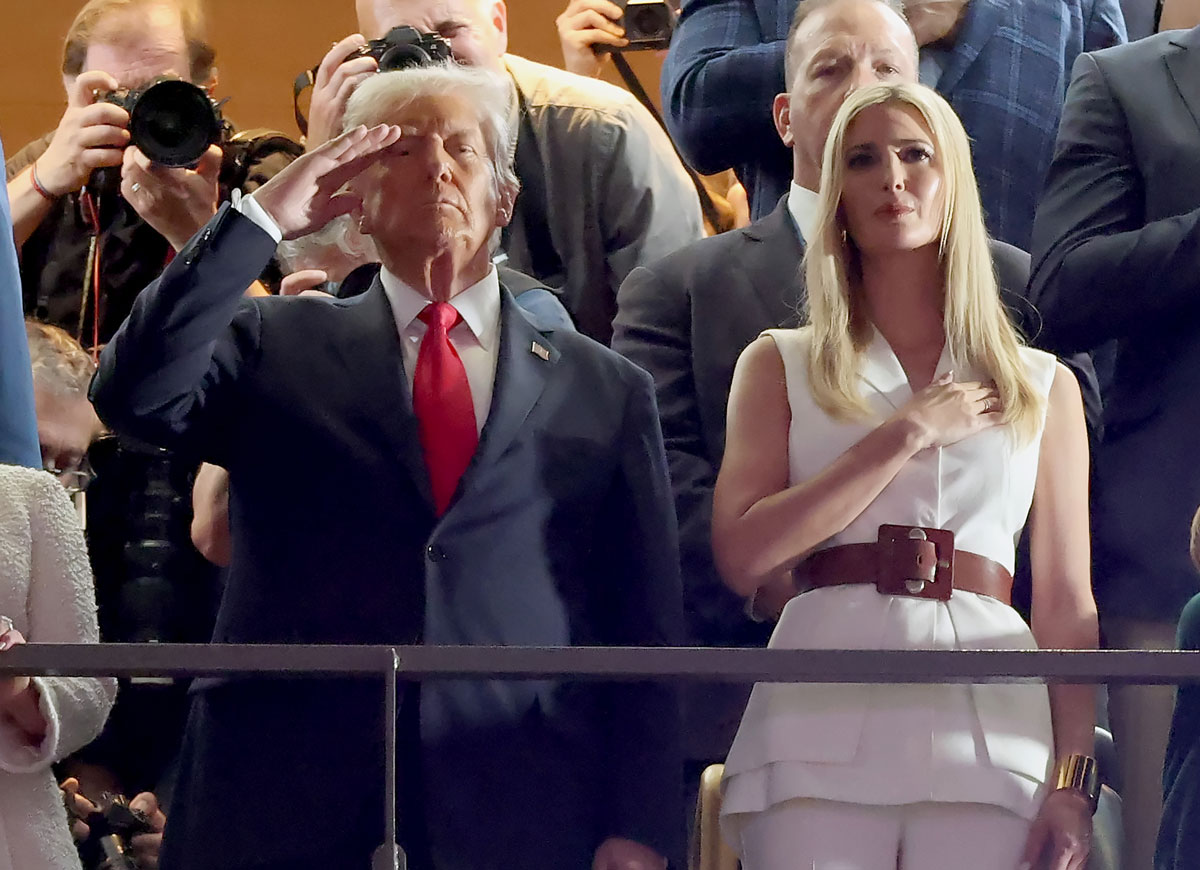Supreme Court Deals Crippling Blow to Labor Unions With 5-4 Janus Decision
On Wednesday, the Supreme Court ruled that workers in the public sector are not required to pay union dues if they are nonmembers, in accordance with the First Amendment.
The decision means that nonmembers, who make up 73% of the public sector, will no longer be compelled to pay dues, but may continue to benefit from union efforts like collective bargaining. The decision poses a serious threat to workers’ rights as a loss of funding may cause future unionized efforts to find less success without the necessary political and economic clout.
The case was first brought to the court’s attention by child support specialist Mark Janus. As a federal employee, he sued the union claiming he did not support the organization’s positions and should not be forced to fund its work by paying its mandatory fees.
Conservatives won out in a 5-4 ruling in favor of Janus on the basis that nonmember fees violated the First Amendment. On behalf of the majority, Justice Samuel Alito wrote, “We conclude that this arrangement violates the free speech rights of nonmembers by compelling them to subsidize private speech on matters of substantial public concern.” Even traditional labor activities, they argue, are political when they affect taxpayer dollars and public policy.
Subscribe to our free weekly newsletter!
A week of political news in your in-box.
We find the news you need to know, so you don't have to.
President Donald Trump also voiced his support for the ruling, claiming it would allow nonmembers to have the freedom to “support a candidate of his or her choice.”
Union leaders argue this free speech argument is unfounded as nonmembers are already entitled to refunds of payments spent on political activities, like advertising to support a political candidate.
50 Celebrities Who Have Died In 2018 – Tribute Slideshow
Many also protest that the ruling unfairly encourages free-riding, with employees now able to reap the benefits of unionization without sharing the costs. “It’s a rational decision ― even for someone who wants to be represented in collective bargaining ― to not become a member, because their dues won’t make any [noticeable] difference, and the benefits of collective bargaining are collective goods,” said Martin Malin, a labor law expert at the Chicago-Kent College of Law in an interview with HuffPost.
SLIDESHOW: DONALD TRUMP’S 30 CRAZIEST TWEETS
The decision comes in the face of 22 state laws as well as a 1977 Supreme Court ruling that previously declared nonmember fees constitutional in the case of funding collective bargaining efforts, to prevent freeloading and ensure “labor peace.”
Supreme Court Justice Elena Kagan said the decision also “undoes bargains reached all over the country… [and] wreaks havoc on entrenched legislative and contractual arrangements.” In New York City alone, 144 contracts with 97 public-sector unions call for agency fees and will have to be renegotiated.
Get the most-revealing celebrity conversations with the uInterview podcast!






Leave a comment